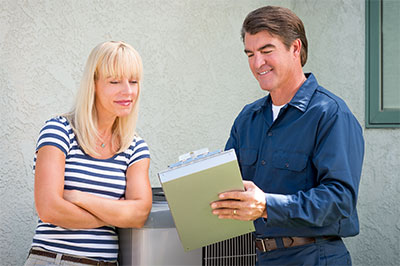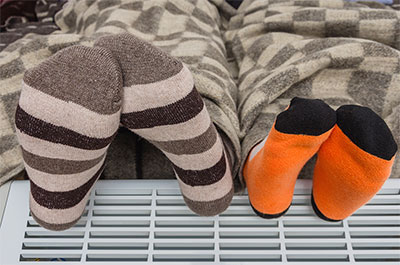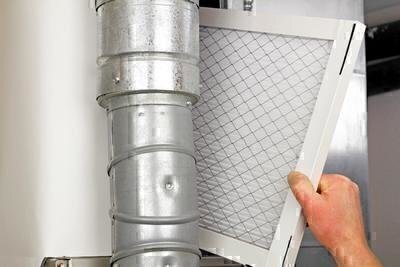Our Ratings Tables show how area heating and air-conditioning services were rated by their surveyed customers. Some companies were rated “superior” for “overall performance” by 90 percent or more of their surveyed customers. But not all contractors are such cool characters: Several others received poor overall ratings from their surveyed customers.
We also found huge price differences. For example, to replace the control board for a Rheem gas furnace, our undercover shoppers were quoted prices ranging from $340 to $1,109. To replace the dual-run capacitor for a Trane central air conditioner, prices ranged from $136 to $638.
If you need new equipment, it pays to shop around—some companies charge thousands more than others for the same install. Get several companies to prepare written proposals.
For new furnace installs, you’ll have to decide whether to pay extra for more energy-efficient equipment; for example, a highly efficient 98 AFUE gas furnace costs about $1,500 more than an 80 AFUE model. In this area, you’ll recoup the extra cost of buying a high-efficiency furnace fairly quickly via tax credits, utility rebates, and lower gas bills.
Don’t spend thousands of dollars upgrading to energy-efficient HVAC equipment without taking other steps to reduce waste. In our “Saving Energy at Home” section we detail 30 ways to cut usage. Many improvements cost little or nothing but will have big effects on your utility bills.
For installation contracts, get performance guarantees specifying how warm or cool the equipment will keep your house, and how uniform the temperature will be inside when outside temperatures reach a specified level. Also, make sure your contract clearly states the company’s responsibilities on issues like providing an electrical supply and hooking up your equipment to the electrical panel; providing drainage for condensate; enclosing ductwork; and painting and patching holes.







